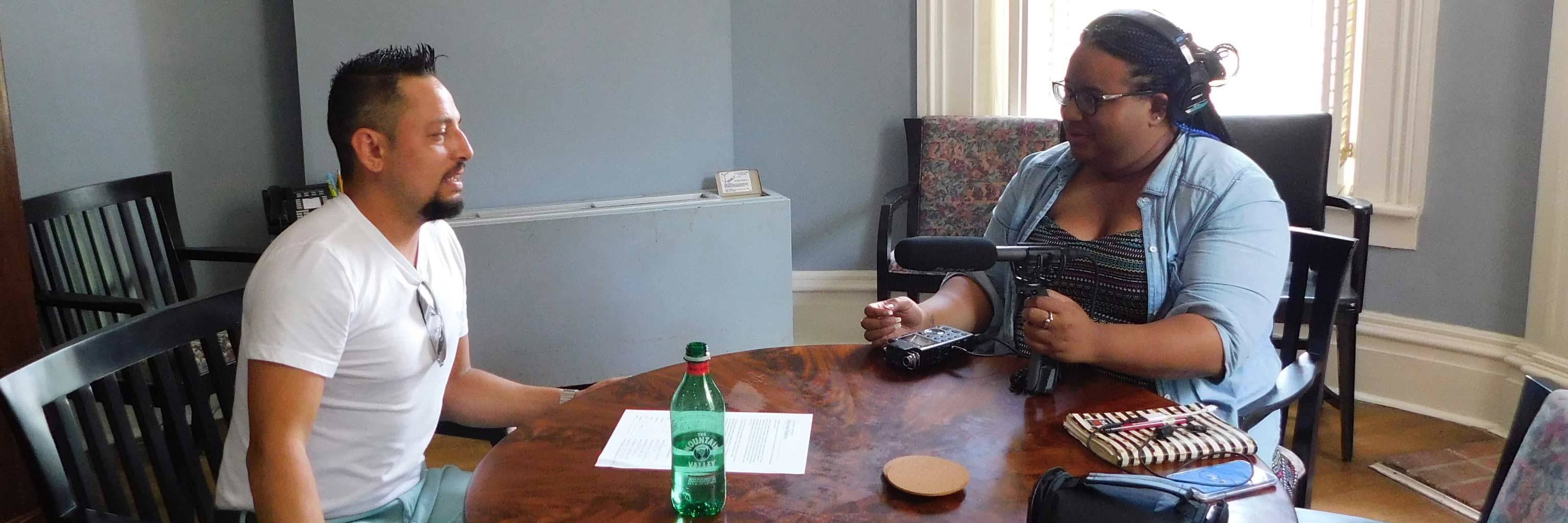Public folklorists and ethnomusicologists work primarily in government or nonprofit arts, cultural, or educational organizations, such as arts councils, historical societies, libraries, museums, or organizations devoted specifically to folk arts, culture, heritage, tourism or folklore. They are engaged in a variety of activities, including (but not limited to) field research and documentary work, and the production of public programs or educational materials such as performances, artists’ residencies, exhibitions, festivals, sound recordings, radio and television programs, films, videos, and books.
Outside the academy, as well as in its professional schools and outreach programs, folklorists and ethnomusicologists work as mediators between vernacular and institutional discourses and agendas. They often apply folkloristic techniques and knowledge to social problems:
- In public health, folklorists undertake ethnographies of community practices, belief systems, and communicative norms in order to design more effective public information campaigns, preventive strategies, community resources, and means of treatment.
- In social work, folklorists and ethnomusicologists work in areas such as refugee resettlement, legal advocacy, technical assistance in marketing traditional arts, and in community conflict resolution.
- In gerontology, folklorists and ethnomusicologists do research on memory arts, personal narrative, music and life review.
Folklorists and ethnomusicologists also work with labor unions, human rights organizations, neighborhood organizations, legal organizations and citizen campaigns.

 The College of Arts
The College of Arts